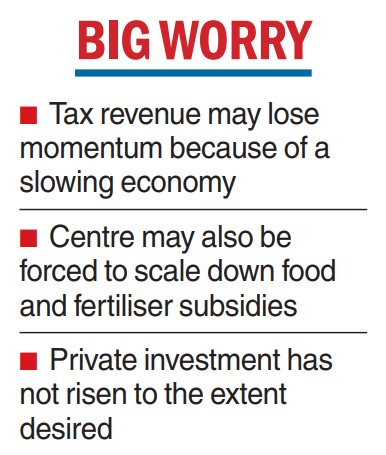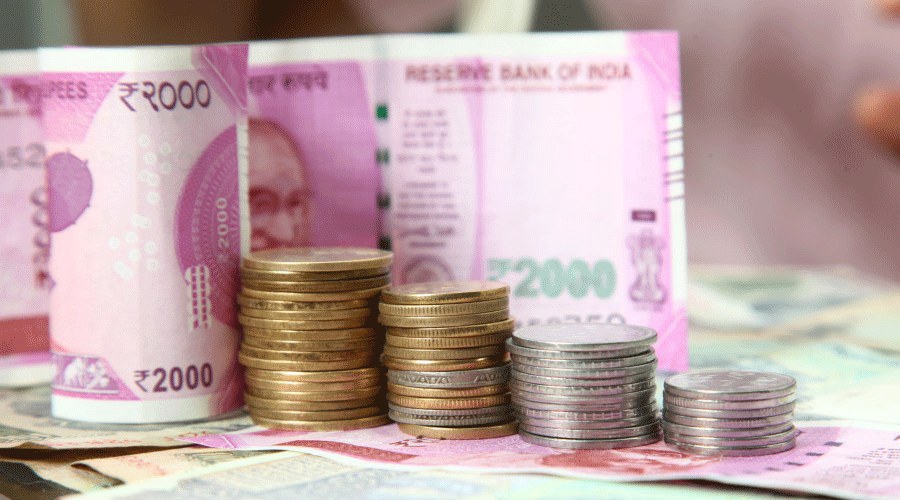The Indian government is set to tap the brakes on a torrid pace of capital investment growth in the coming fiscal year as a slowing economy limits spending power by weakening tax revenue, according to a Reuters poll of economists.
Food and fertiliser subsidies that help two-thirds of India’s 1.4 billion people will also be scaled back, according to the survey.
Prime Minister Narendra Modi’s government has more than doubled capital spending since fiscal 2019-20 in a bid to make India a more attractive destination for global manufacturing. But private investment has lagged New Delhi’s lead for about a decade.
Now, that the robust pace of government investment is set to slow to barely half its previous rate in the fiscal year to March 2024, according to the January 13-20 poll of 39 economists.
Capex is set to increase in fiscal 2023-24 by about 17 per cent to Rs 8.85 lakh crore, from an estimated Rs 7.50 lakh crore in the current fiscal year, itself up roughly 35 per cent on a year before.
“The government has shown an express motivation to ramp up capex, and the expected absence of a robust recovery in private capex will make public capex particularly important in FY24,” noted Sonal Varma, chief economist for India and Asia ex-Japan at Nomura.
The total of public and private investment as a proportion of the economy has declined since 2014, when Modi’s BJP swept to power.
Gross fixed capital formation, often used as a measure for domestic investment, has risen at a compound annual rate of just under 8 per cent since then, down from the 14 per cent during the 10-year term of the previous United Progressive Alliance government under the Congress.
The ratio of that measure of investment to economic output has declined from a record high of 36 per cent in 2007-08 to about 29 per cent in 2021-22.
While there are early signs of a modest pick-up in private sector investment, economists in the poll warned a global economic slowdown underway could derail it.
India’s economy, and therefore the government’s ability to lift revenue, is slowing. Economists in the poll expect gross domestic product to be 6 per cent higher in 2023-24 than in 2022-23, when it is expected to be 6.8 per cent higher than in the previous year.
The poll also found the government would cut food and fertiliser subsidies by 26 per cent to Rs 3.7 lakh crore from Rs 5 lakh crore expected this fiscal.











